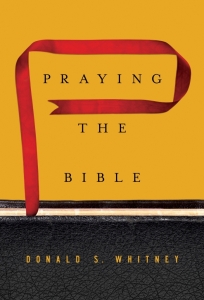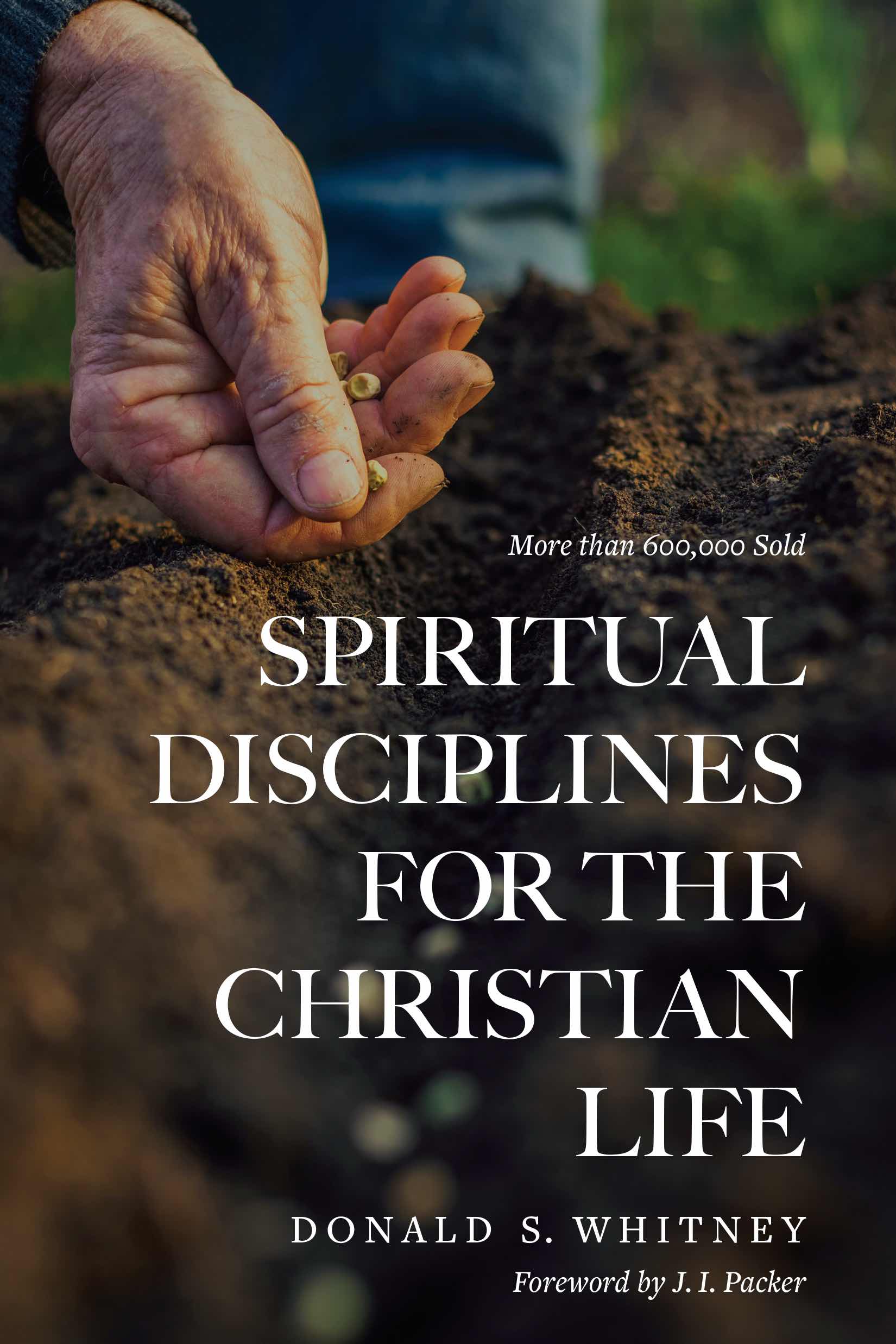Is Worship Boring? (part 2)
I was interviewed about how to respond when someone claims that attending worship at church is boring. This is the second of two posts based on that interview. The first is available here.
If people are bored in church, is that a problem with the church or with the individuals?
As I’ve already mentioned, if people are unconverted then the problem is with them. Since “no one can [sincerely] say, ‘Jesus is Lord’ except by the Holy Spirit” (1 Cor. 12:3), no unconverted person can truly worship, no matter how the service is conducted. Therefore not only is it a mistake to plan worship for those who cannot worship, it is also a mistake to ask those who cannot worship to evaluate our worship services. Otherwise it’s like planning an art exhibit according to the preferences of the blind.
Second, as I also said above, the problem of boredom in worship is also the fault of the individual if he or she is not thoughtful about what is proclaimed. People who do not want to love God with all their minds during a worship service will probably be bored. The proper observance of the Lord’s Supper, for instance, requires deliberation. Without thought about its meaning, the mere ingestion of the elements may not only be boring, but sinful. The pursuit of God in worship is worthy of our best attention and mental efforts.
Third, boredom is also the problem of the individual if his or her expectations are unrealistic. We should remember that those who lead worship “are dust” (Ps. 103:14) too. They likely have many other ministry responsibilities in addition to leading worship (though few are as important). To expect the leaders of most local churches to “produce” events every seven days that can capture our interest at the same level as do the teams of highly resourced professionals on TV and in the movies with all their special effects we watch each week is unrealistic.
But if Godly, mature, Word-hungry followers of Jesus are consistently bored in worship, the worship leaders need to take a great deal of the responsibility.
How do you train future church leaders to preach and otherwise “do church” without being boring?
You ask about training them to preach. I am not a professor of preaching, but I believe that the greatest need of the church is always for men of God to preach the Word of God in the power of the Spirit of God. (By the way, I know those who teach preaching at four of our SBC seminaries, and they all strive for this.) When this is done, God’s people find it extremely satisfying, not boring. Sheep love sheep food.
In my classes on Biblical Spirituality I am training future church leaders, mostly about being Godly people and shepherding others to grow in Godliness. But occasionally I teach classes on worship, as well as speak in church conferences on worship.
There I advocate evaluating every element of the worship service by whether each is God-centered and Biblical. Worship is, by definition, the worship of God. If the worship leader makes God the focus of every part of the service, and present God to the congregation in the ways He has revealed Himself in Scripture, God’s people will find Him alluring and captivating.
And I urge them to ensure that every element in the worship service is Biblical. By that I mean that for every line item in the order of service they should be able to find clear support in Scripture for making that activity a part of worship. Otherwise that element should not be part of the worship service (though it may have a legitimate place elsewhere in the life of the church).
So, for instance, we know preaching should be part of public worship because there is a command to preach the Word of God (2 Tim. 4:2) and there are examples of preaching that occur during gatherings of believers in the New Testament. We should sing Psalms and other Scripture-saturated music in worship because, among other reasons, believers are twice urged in the New Testament to sing “psalms and hymns and spiritual songs” (Eph. 5:18; Col. 3:16).
Although not alone in this, Baptists, going as far back as their first (1644) and also to their most influential (1689) confession of faith, have agreed that worship should be only as “prescribed in Holy Scripture.” This, I believe, is what it means to “worship in truth” (John 4:24), that is, according to the truth of Scripture. If we will deliberately include in worship only those elements that are God-centered and “prescribed in Holy Scripture,” and present them in the right spirit, I believe God’s people will find worship nourishing, and rarely boring. Spiritual life and light are not boring, and these come to us only when we focus on God through Christ and feast upon Him through His written self-revelation
I realize this goes counter to the trends in many evangelical churches today, and stands against the hurricane of our entertainment-oriented culture. Add to this the numbers of unconverted people who may be active members and such a reformation in worship will be difficult to accomplish in many situations. But all reformation begins with teaching, and I would recommend such a path to a pastor before he overhauls the order of service.
A large percentage of evangelical churches in America are plateaued or declining. Can that be attributed, in part, to people finding church to be boring?
In part, yes—at least theoretically. Personally I think there are more and greater reasons than this, such as the erosion of insisting upon a regenerate church membership. Second, I think it has more to do with a lack of Biblical preaching than we’d like to admit.
But if we want to focus specifically upon whether the worship event as a whole has contributed to so many churches plateauing or declining, I would say it has more to do with whether each part of the service is God-centered and Biblical than it does with whether the leaders’ have sufficiently worked to make worship “interesting.”
What do you think when someone says that worship is boring?


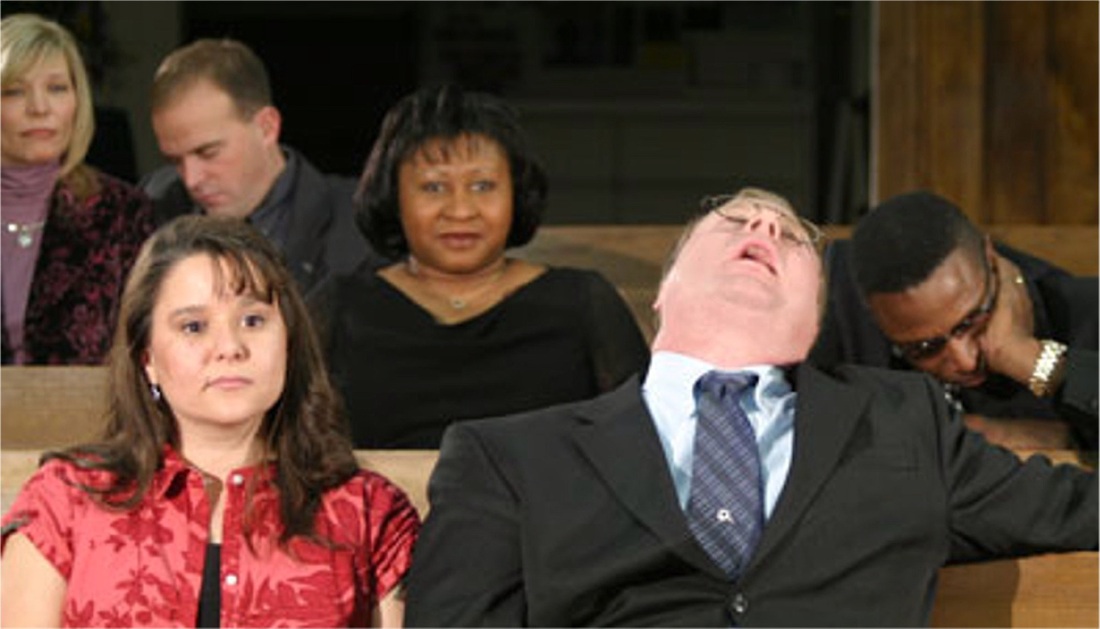
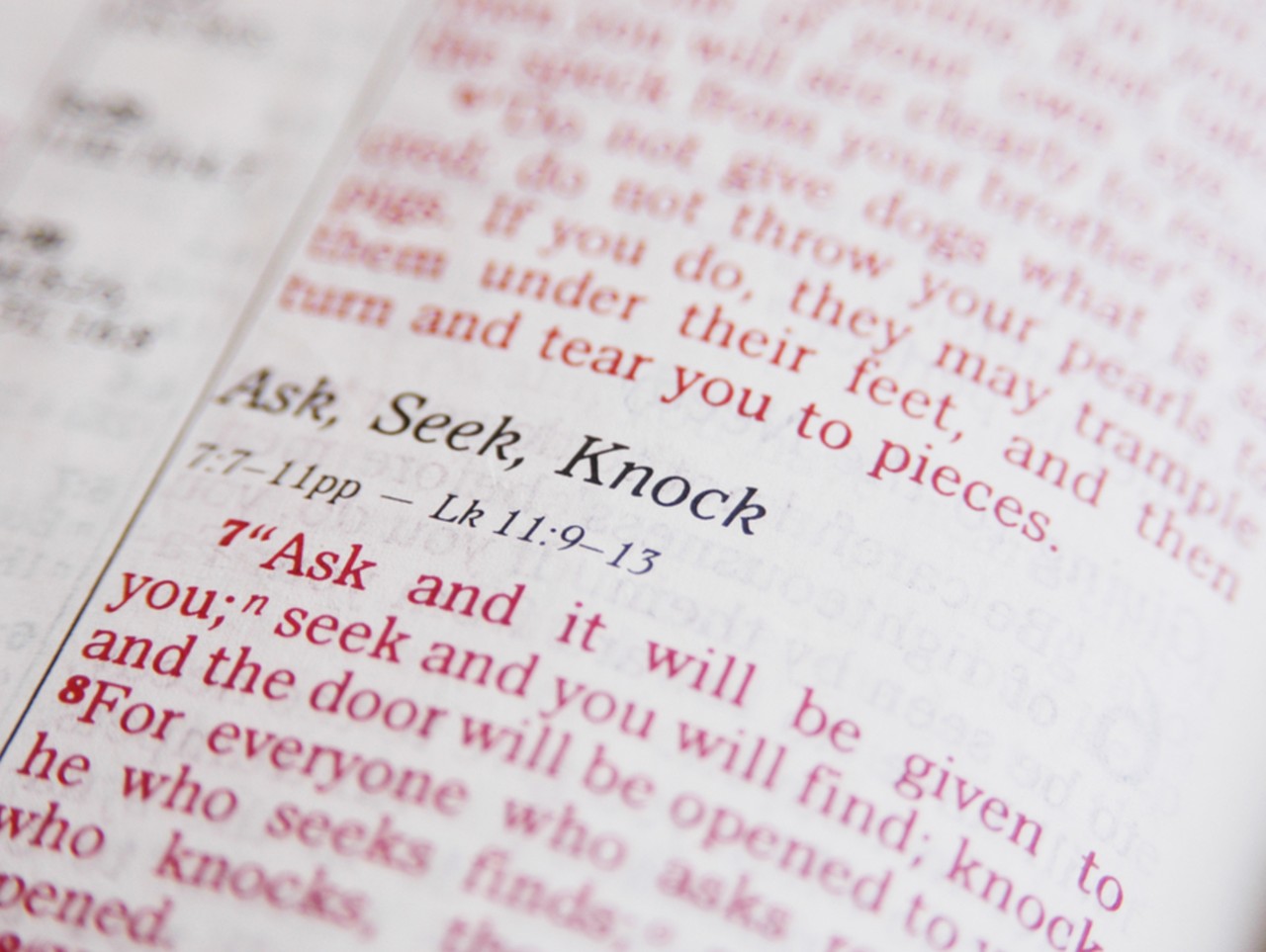
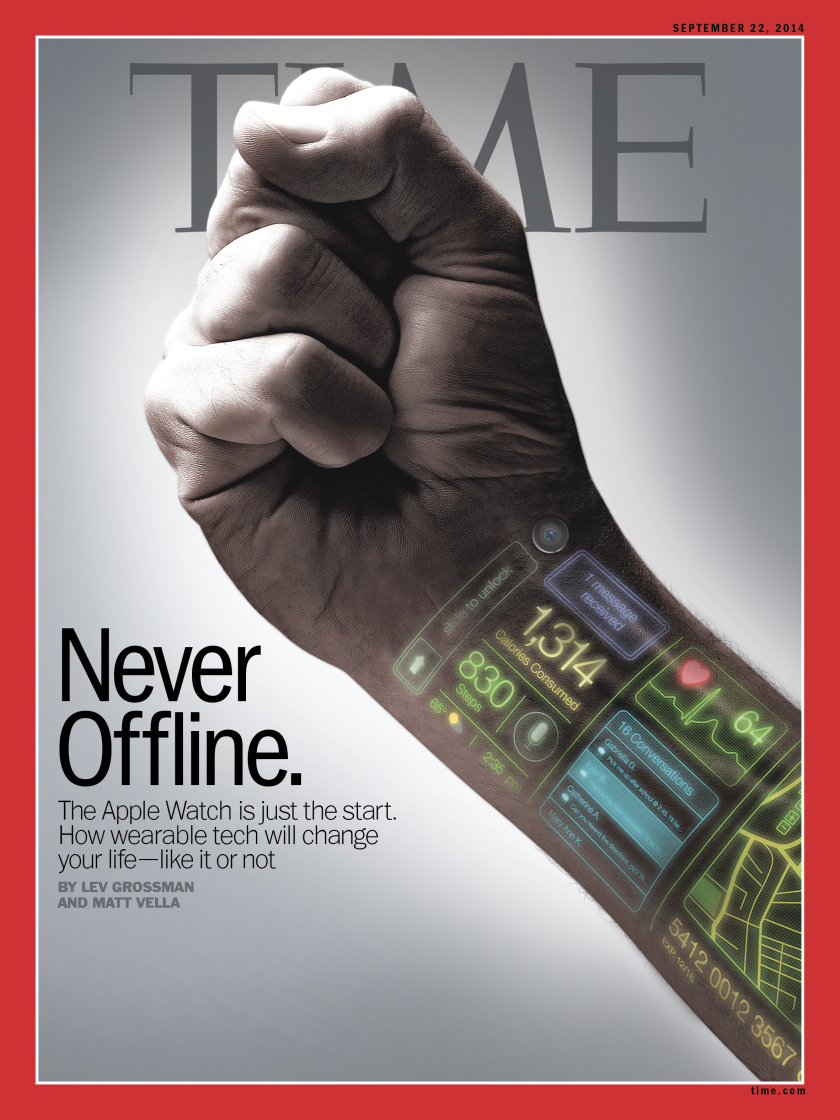
 smartwatch. On the other hand, I know that Apple has a way of developing and marketing products that you never thought you could use until you saw them.
smartwatch. On the other hand, I know that Apple has a way of developing and marketing products that you never thought you could use until you saw them. product of the event. A retailer installs a small device which can receive radio waves emitted from your Apple Watch (or iPhone). To pay for an item you simply bring the iWatch near the reader. Money from your bank account or credit card then transfers to the seller’s account.
product of the event. A retailer installs a small device which can receive radio waves emitted from your Apple Watch (or iPhone). To pay for an item you simply bring the iWatch near the reader. Money from your bank account or credit card then transfers to the seller’s account.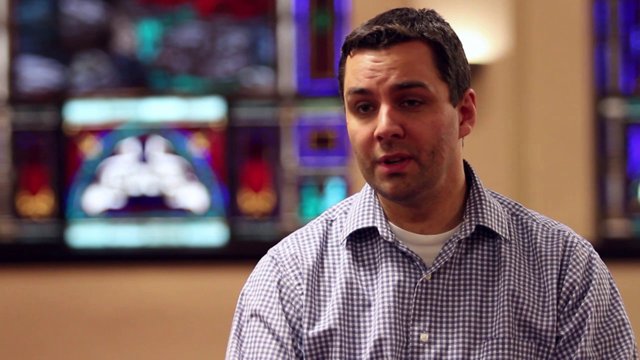

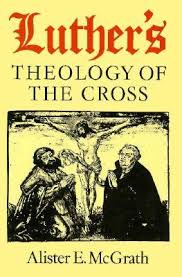 (Matthew 27:42). And even though He could have exploded off the cross in a dazzling display of power and called legions of magnificent angels from Heaven to testify to His divinity. Jesus stayed on the cross until His work was finished.
(Matthew 27:42). And even though He could have exploded off the cross in a dazzling display of power and called legions of magnificent angels from Heaven to testify to His divinity. Jesus stayed on the cross until His work was finished.

